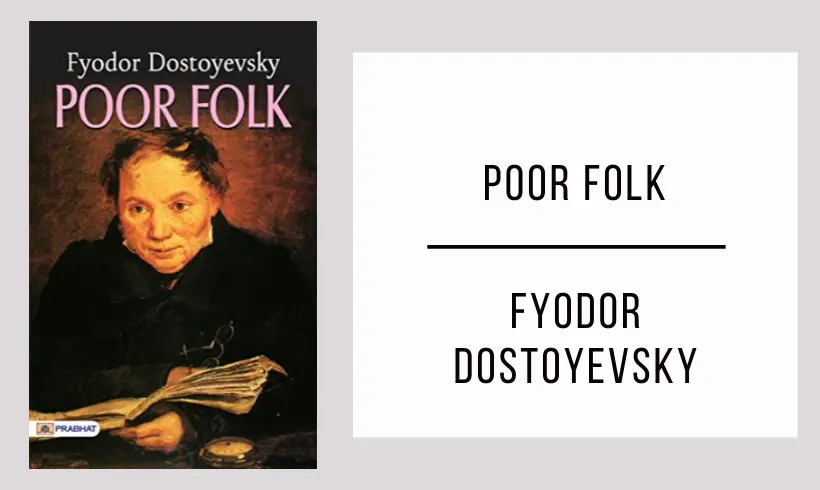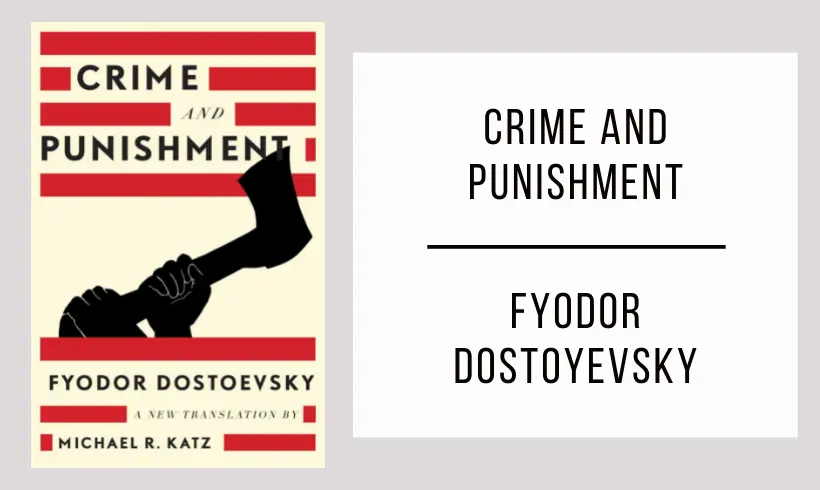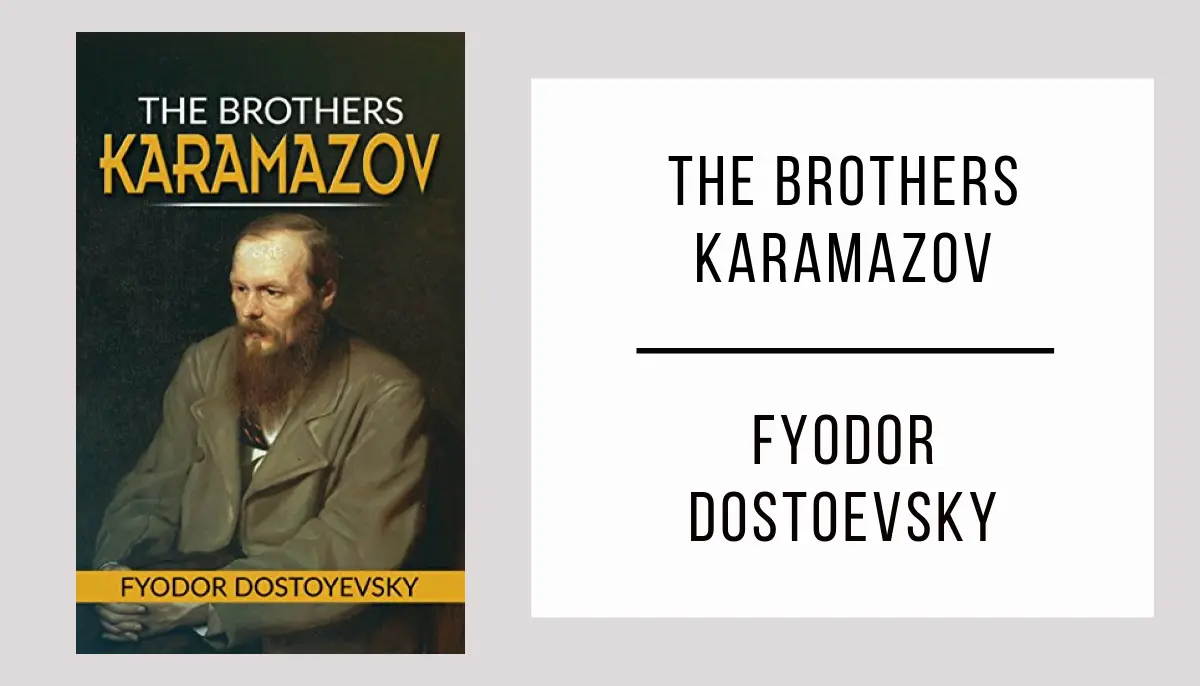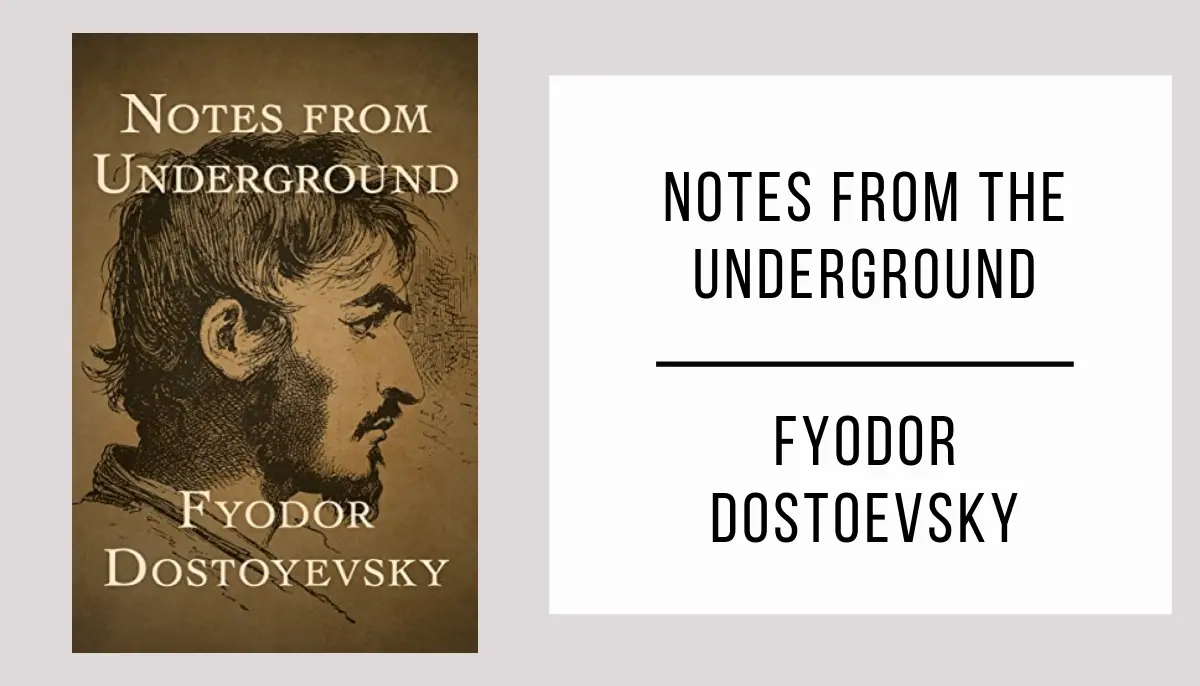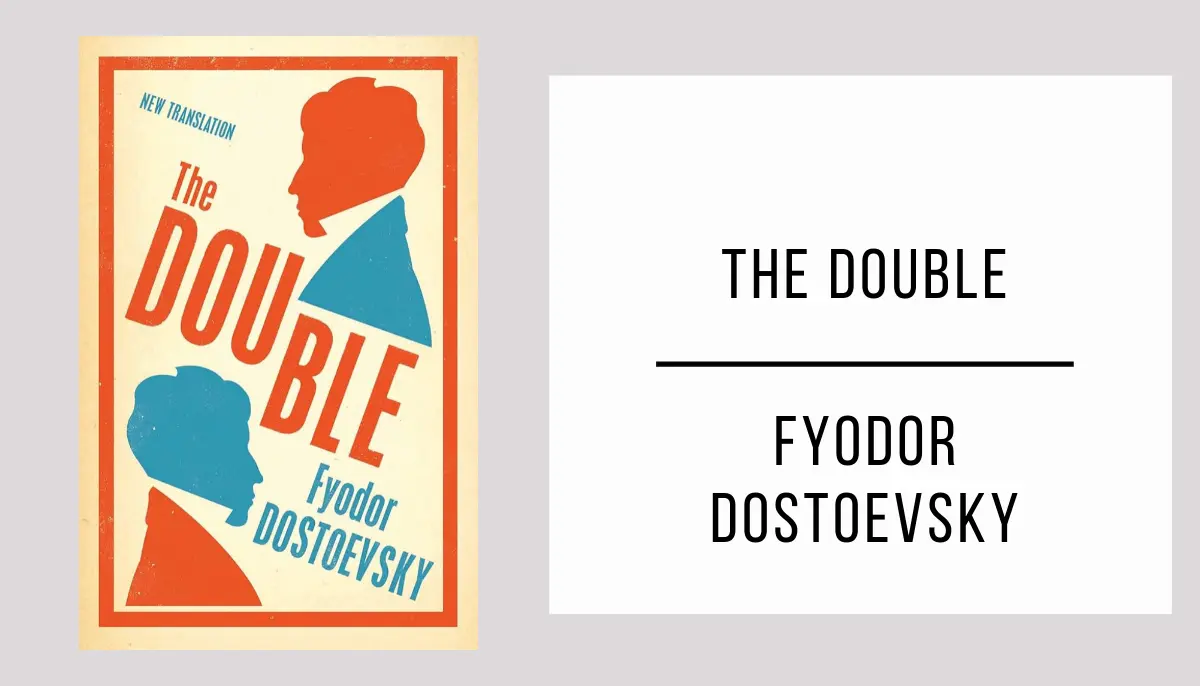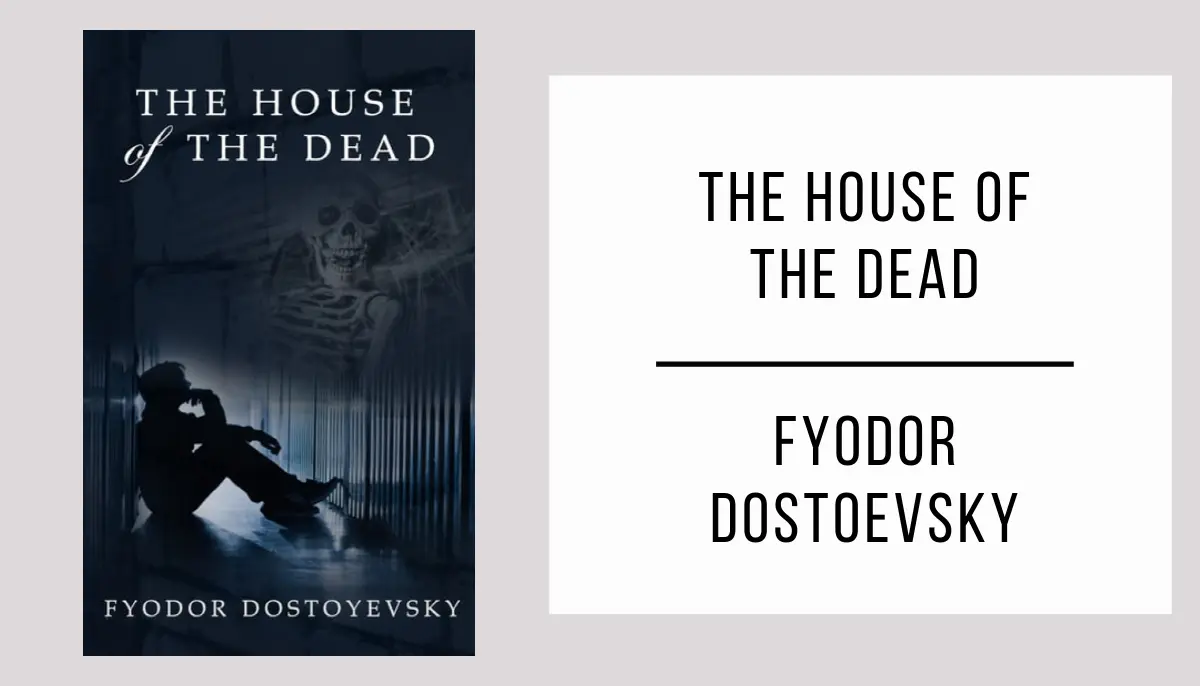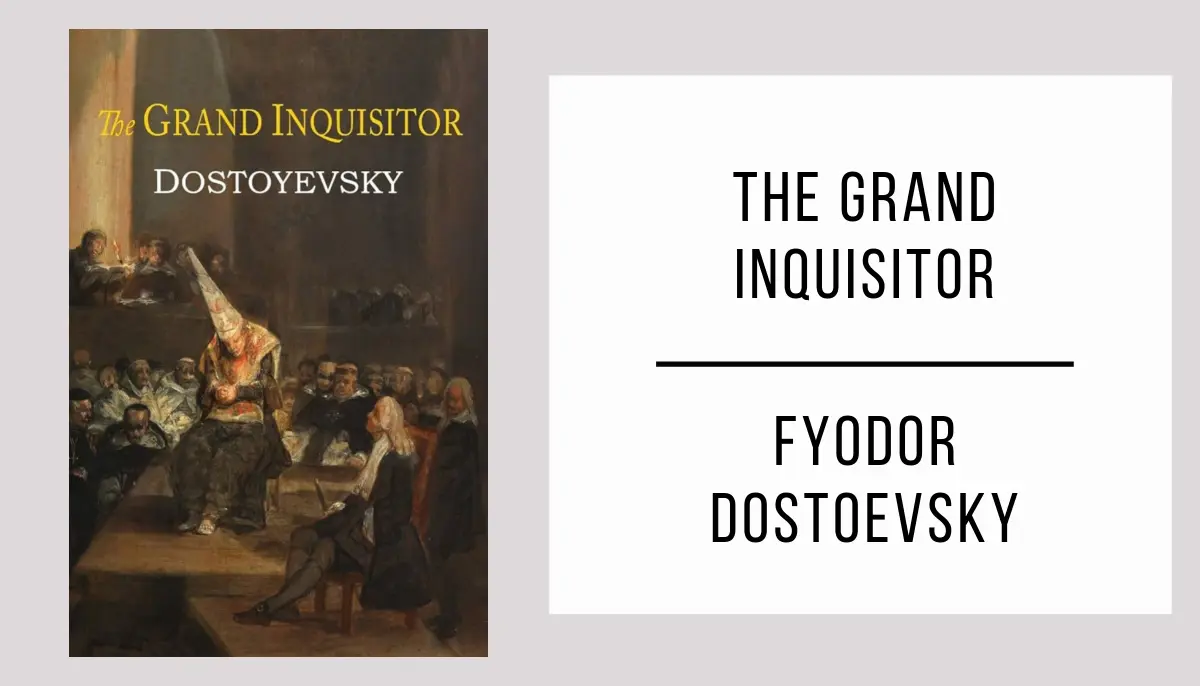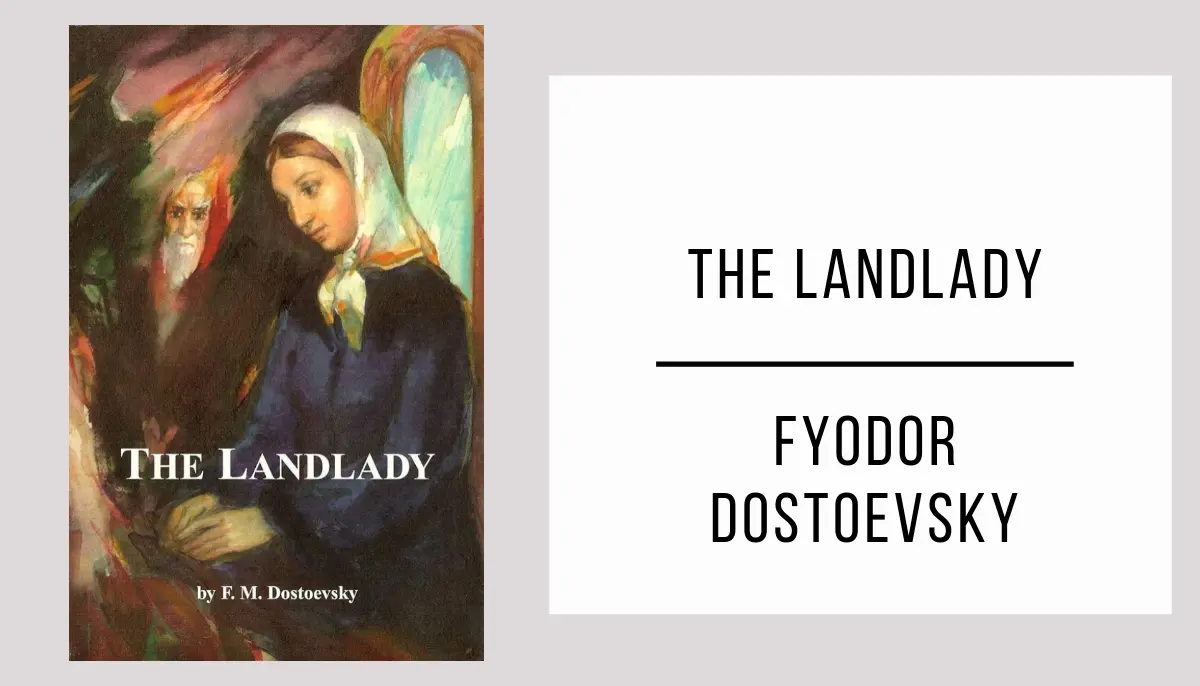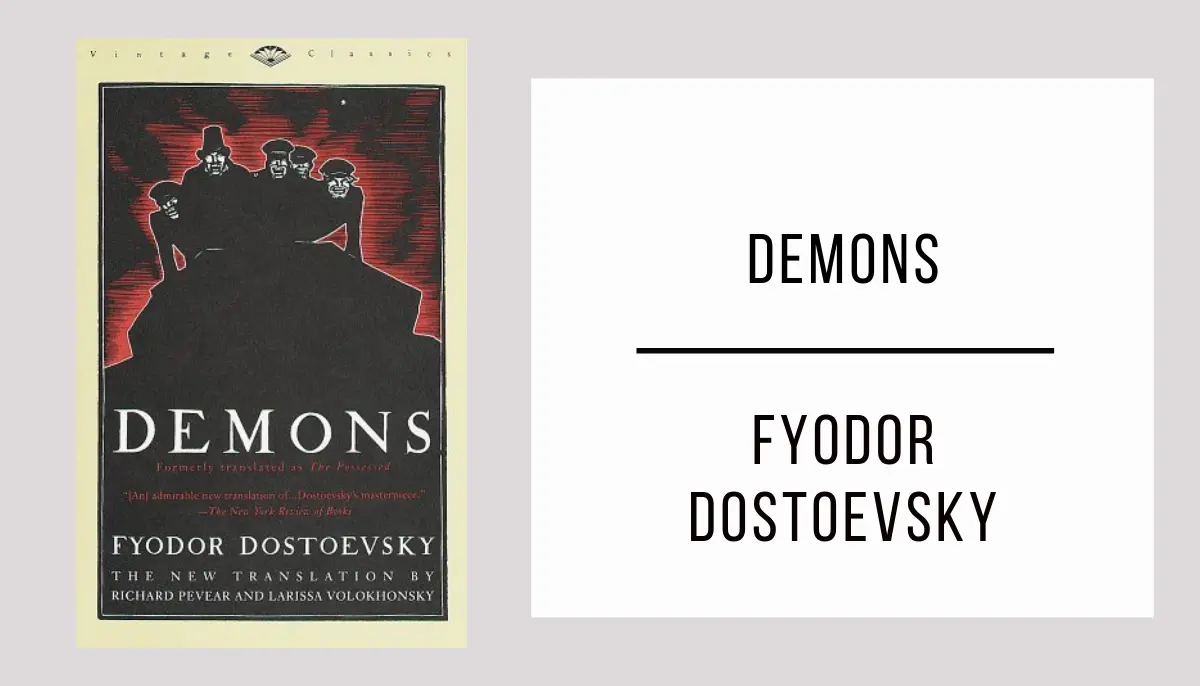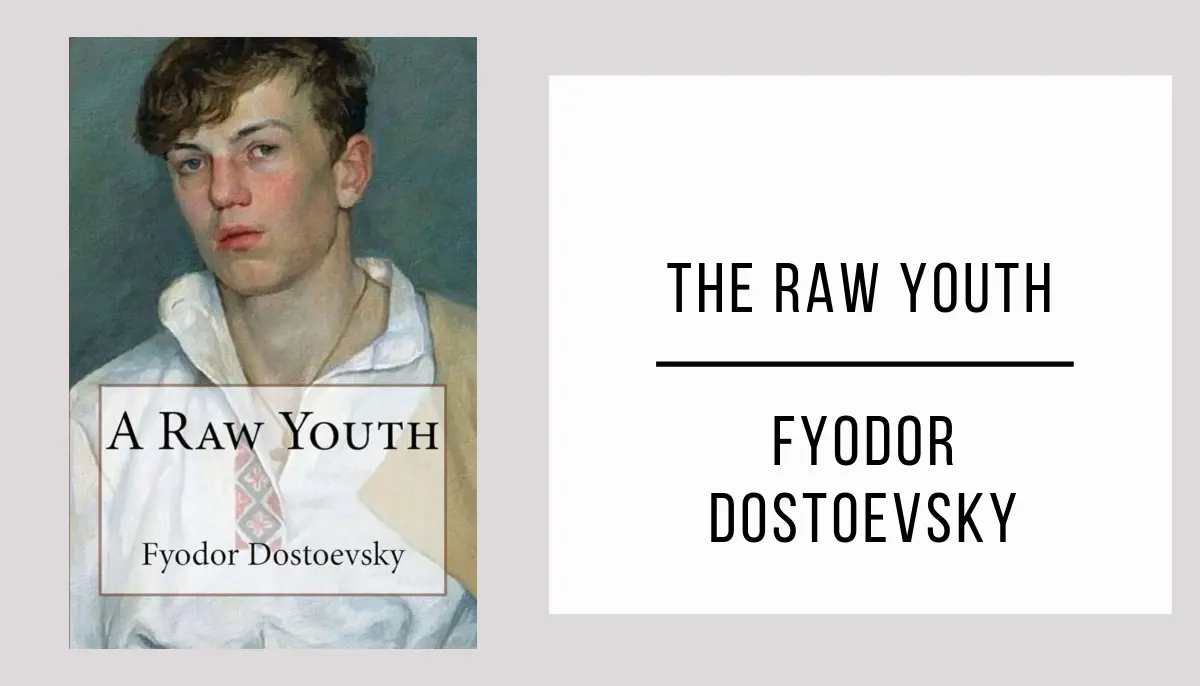“Poor Folk” by Fyodor Dostoevsky is a literary masterpiece that will immerse you in the lives of the less fortunate with unique depth and sensitivity.
Download “Poor Folk” in PDF format now and embark on an emotional journey, exploring the pages of this magnificent work by Dostoevsky for free.
Let yourself be captivated by Dostoevsky’s masterful prose in “Poor Folk,” an experience that will open your eyes, touch your heart, and make you reflect on the human condition.
Poor Folk in PDF
*Wait a few seconds for the document to load, the time may vary depending on your internet connection. If you prefer, you can download the file by clicking on the link below.
Loading fileInformation Poor Folk
- Author: Fyodor Dostoevsky.
- Publication Date: 1846.
- Main Characters:
- Makar Devushkin: An impoverished and lonely bureaucrat.
- Varvara Dobrosyolova: A young orphan whom Makar falls in love with.
- The General: A wealthy man and protector of Varvara.
- Brief Summary: “Poor Folk” follows the life of Makar Devushkin, an impoverished and lonely bureaucrat who falls in love with Varvara, a young orphan. Despite his poverty and the challenges of his situation, Makar struggles to express his feelings towards Varvara. However, Varvara ends up being protected by a wealthy general, further complicating the relationship between Makar and Varvara.
- Thematic Analysis: “Poor Folk” explores the lives of the underprivileged and the main characters’ struggle against poverty and loneliness. The work also addresses themes such as unrequited love, social inequality, and the emotional challenges individuals face in difficult circumstances.
- Historical Context: “Poor Folk” was published in 1846, during the period known as Russian Romanticism. This literary movement reflected concerns about social inequality and criticism of bureaucracy and oppression in society. Through this work, Fyodor Dostoevsky offers a compassionate look at the poor and highlights the difficulties they faced in 19th-century Russia.


